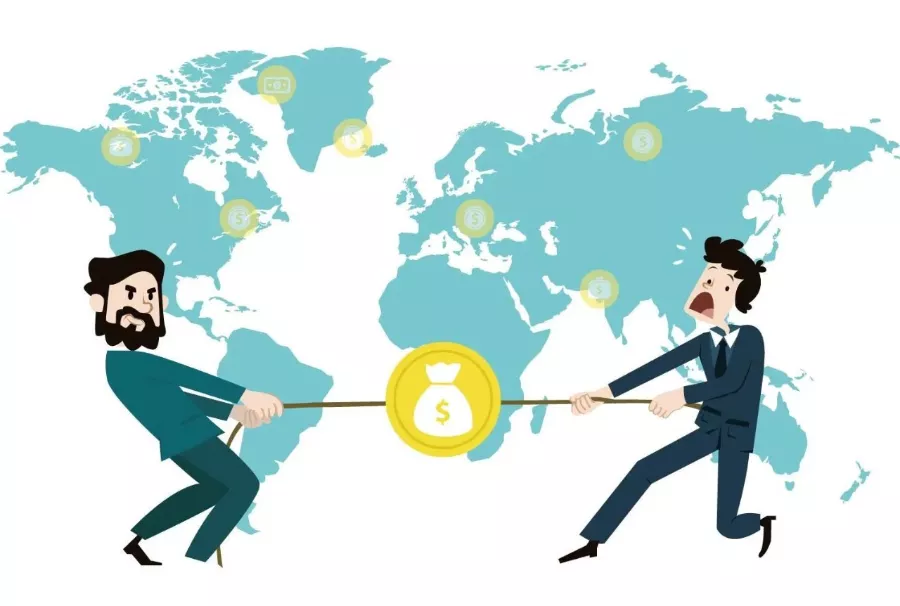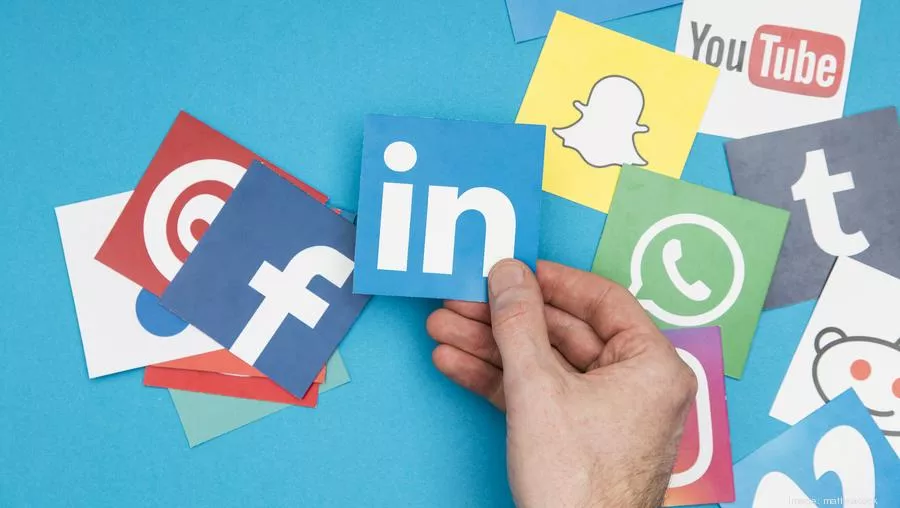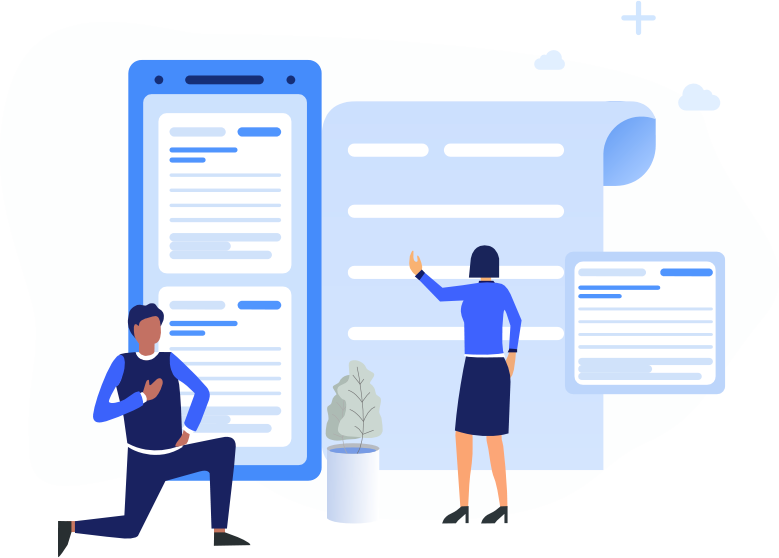
Since the outbreak of the COVID-19 pandemic, the global economy and many business models have undoubtedly been hit hard. Some traditional industries have to think about digital transformation, otherwise they can only sit and wait for death. Facebook recently released a forward-looking insight that analyzes the major changes that have taken place over the past year since the outbreak.
The epidemic has become a catalyst for digital transformation
The pace of transformation has changed from "small steps" to "big steps" : It is estimated that due to the impact of the COVID-19 pandemic, the digitalization process that originally took 10 years was completed ahead of schedule in just 6 months. Brick-and-mortar stores have closed down one after another, while e-commerce has sprung up like mushrooms after rain, and living rooms have been transformed into fitting rooms. Under the impact of the epidemic , major companies have shown strong resilience, especially small companies, which have taken the lead in launching the battle to defend their survival .
Take Brazil’s Natural do Barbosa, for example. This is an environmentally friendly beauty brand run by a LGBTQ community. In response to the pandemic, Natural do Barbosa quickly switched from offline to online , successfully attracting audiences outside of Sao Paulo, which was almost impossible when the company operated physical stores. Not only that, the company also tried WhatsApp , providing free one-on-one consultation services through the app, which increased online sales by 40%.
Through successful cases like Natural do Barbosa, we have reason to be delighted and look forward to the powerful boost that the epidemic has given to technological development. Whether entrepreneurs, brands or creators, there are now more opportunities to use technology to break down entry barriers and find new ways to increase income.

Marketing has become a way to demonstrate corporate values
In marketing, we’ve seen a leap from talk to action. Today’s consumers are demanding that brands take action to serve their communities. In fact, 56% of consumers say it’s important for businesses to share the same values as they do . And the pandemic has made it clear that this kind of humanized marketing that highlights corporate values is a win-win for both the target audience and the company.
Let's look at a specific case. Lighting Orchard is an independently operated creative company, and Brooklyn Frontiers is a high school that specializes in recruiting poor students. Due to the impact of the epidemic, the number of students enrolled in this high school has dropped sharply, and the school is likely to lose funding from the Ministry of Education and fall into financial difficulties. In times of crisis, Lighting Orchard quickly organized a publicity campaign for parents and students to help the school resolve the financial crisis.
People will expect brands to take these kinds of actions all the time, regardless of whether we are in a crisis or not. Companies today should not only measure their value to shareholders, but also consider their contribution to society.

Internet transformation: focus on privacy and personalized experience
In addition to the above two points, the Internet we are accustomed to has also undergone a major transformation, transforming into a new online space that is people-oriented and gives netizens more information and control. Although people are increasingly concerned about privacy, one thing is undeniable that they still want personalized experiences: 91% of consumers said they are more likely to buy goods or services from brands that can provide exclusive offers and recommendations.
Protecting privacy and providing personalized experiences are not a zero-sum game. People should have both, and building a future Internet space that values both is not out of reach. It starts with giving people a better understanding and control over how their personal data is used. At the same time, data should be used responsibly so that people can continue to be provided with services and experiences based on data so that they can better enjoy their daily lives.
Let's look at another specific case. ARTHELPS teamed up with advertising company Jung von Matt to present a heartwarming work for the victims of the Syrian civil war. The organization used a set of anonymous Instagram photo data to reconstruct historical monuments destroyed in the war in virtual reality, using an immersive experience to bring people back to memories they thought were lost forever.
Without data, these experiences will be impossible, and the personalized marketing that users eagerly expect and businesses (especially small businesses) rely on will be impossible. Consumers demand control and the right to know about the use of their data . Therefore, we need to continue to promote the transformation of the Internet and create a new online space that is always people-oriented and focuses on user control and the right to know.

In summary, the core of these major changes brought about by the epidemic is to give people more control, which is ultimately a good thing. The past is fixed, and looking to the future, the impact of the epidemic will continue. Only by working together can we achieve "leapfrog development" and be reborn after this baptism and break through the trend.

